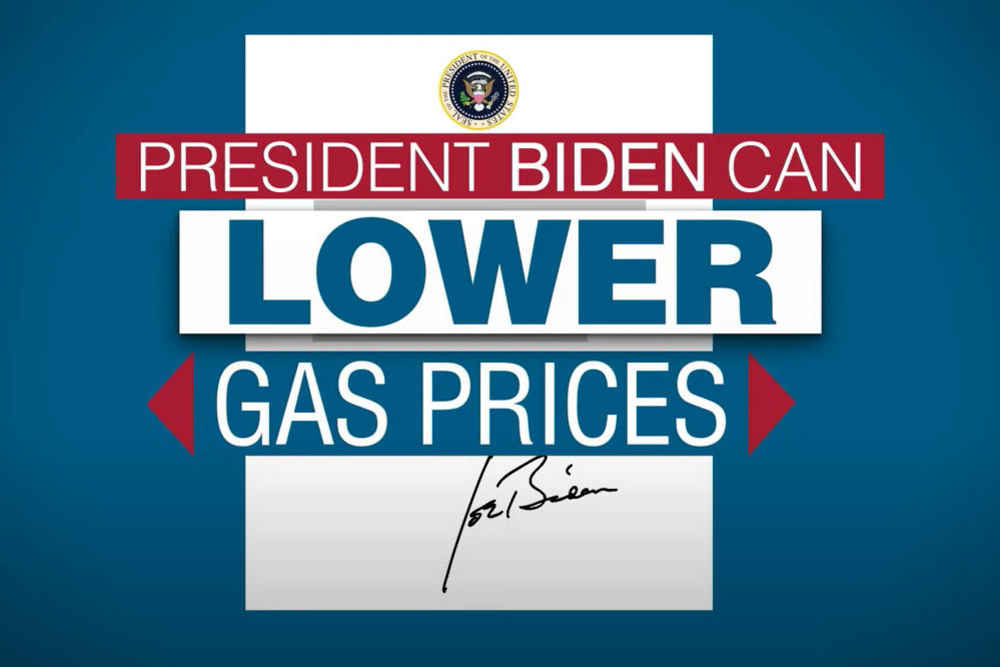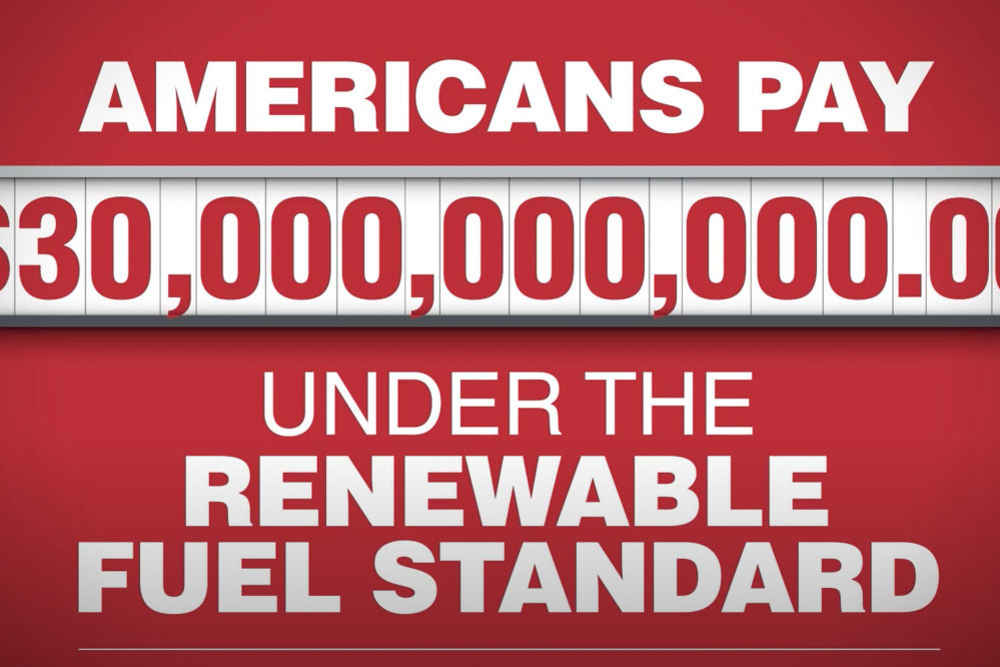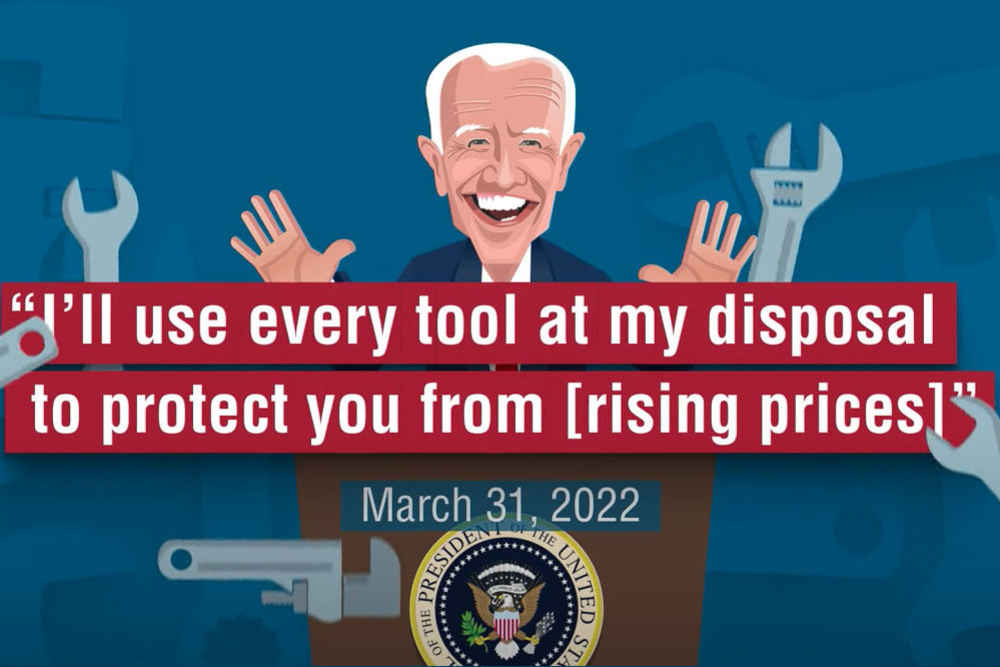December 9, 2022 - On a special edition of the Labor and Energy Show with J Doc and Krausey on 1210 WPHT, participants explored the broken Renewable Fuel Standard (RFS) – and how the Environmental Protection Agency’s latest RFS proposal jeopardizes the future of American energy.
Brendan Williams of PBF Energy, Adam Gattuso of Monroe Energy, and Boilermakers Local 13 Business Manager John Bland shared their insights on how the RFS has increased costs for our nation’s remaining independent refiners and consumers.
EPA’s RFS Proposal: Unachievable RVOs, Unsustainable Costs
“We were hoping with this year, for the first time ever EPA set a three-year standard, they would actually set the levels with reality – but they didn't,” Williams said, describing how EPA’s proposal mandates blending levels way above projected demand – and are therefore unachievable.
“Now they went higher than the already unachievable requirement they've been mandating. That makes the tradable credits refiners need to buy…even more expensive,” Williams continued, explaining how Renewable Identification Numbers (RINs) create unsustainable costs for refiners and increase prices at the pump.
“It's already adding $0.20 to a gallon. Refiners are already paying more for them than to operate their refineries, he warned, “and now if this rule is finalized, they're going to be even more expensive.”
“Unfortunately, because of the aggressive blending that the EPA has put forth over the years—because of other structural issues within the program—these credits that we used to buy for $0.02 and $0.03 are sitting at about $1.75 today,” Monroe Energy’s Gattuso weighed in. “For us to comply this year alone is actually double the purchase price of our entire company.”
Gattuso provided an analogy for how RINs costs are pushing refiners to the brink of closure.
“It would be like somebody owning their house, but their homeowner's insurance is double the purchase price of their house every year. You're going to sit there and you're going to say, ‘I can't afford to be in something that we already own.’ Well, that's kind of the situation that we're in now. When you have a compliance cost to double the purchase price of your company every year, it becomes harder and harder to really justify being in business.”
Local communities are the hardest hit when refineries can no longer sustain these costs and are forced to close. When Gattuso worked for Pennsylvania Governor Tom Corbett, he saw firsthand the catastrophic impact of three refinery closures. A study conducted by the Commonwealth found that every lost refining job resulted in more than 18 lost jobs in Southeastern Pennsylvania, 22 across the state, and 61 across the nation.
John Bland of Boilermakers Local 13 – who has worked in refining his entire career – described how he saw this devastation firsthand, particularly for independent refineries in the Northeast.
“We've asked for reform, and we've engaged with the EPA, we've engaged with our representatives. They all know it's a problem. And the EPA, they know that refineries around here went out of business because of the fuel standard,” Bland said.
“Joe Biden has been looking out for labor his whole career. We were really hopeful that they'd have a better understanding of the impacts here, and they would actually take the opportunity to reform this program,” Williams added. “But unfortunately, they're going to miss that opportunity if this proposal goes final, which it's slated to do in June.”
A call to action for Congress to protect American energy security
“If we can't get this rule changed to the regulatory process, we're really going to need members of Congress to step up and actually finally take the reins and legislate a fix to this problem,” Williams said.
John echoed this call to action, encouraging listeners to call on EPA to revise the proposal. “This is where the rubber hits the road. This EPA program we have right now, with the Renewable Fuel Standard, this is where the EPA has full control of making modifications and changes.”
“This is when our representatives can shine and stop putting American jobs in jeopardy because of a program. Congress should take this— take the bull by the horns right now and fix this,” he continued. “They have the opportunity before this gets out of control. Three years from now, we may lose another couple of refineries in the Northeast.”
During the conversation, participants emphasized the importance of American energy independence and national security. With reduced domestic refining capacity, the U.S. is forced to rely on fuel imports from foreign actors.
“We need to keep making sure that our energy and national security is kept top of mind in everything we do and making sure that we have diversity when it comes to energy supply and production is important,” Gattuso said.
“Now is the time to act. The East Coast has lost 70 percent of [its] refining capacity since 2009,” Williams said, “and we saw the impacts of the Colonial Pipeline hack. We see what's going on with Russia abroad. We can't keep going in that direction,”
While EPA’s proposal is both disappointing and concerning, there have been positive developments that support independent refiners. On December 2, several members of Congress announced they are developing legislation to address soaring RFS compliance costs.
U.S. Senators Bob Casey (D-PA) and Chris Coons (D-DE), and Representatives Mary Gay Scanlon (D-PA), Brendan Boyle (D-PA), and Donald Norcross (D-NJ) are developing legislation to control volatile RIN prices by issuing credits at a lower, fixed cost. This commonsense solution would provide necessary relief for our nation’s refiners, allowing them to plan for the future while continuing to support their families and communities.
To take action and call on your members of Congress to work with the Biden administration and EPA to revise the proposal and fix the RFS, visit the Take Action page. We must make our voices heard.



